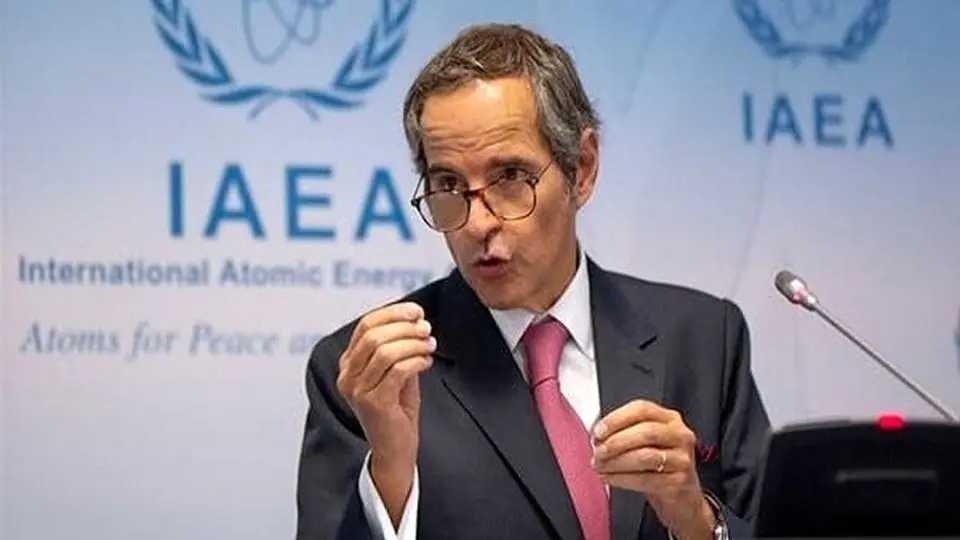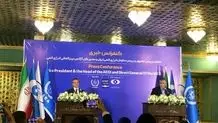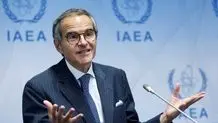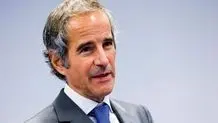Grossi says ready for work with new Iranian government
The Director General of the International Atomic Energy Agency (IAEA) said that he is ready to meet with the new Iranian government and resume talks to reach objective results on the remaining safeguards issues.

MEHR: The Director General of the International Atomic Energy Agency (IAEA) said that he is ready to meet with the new Iranian government and resume talks to reach objective results on the remaining safeguards issues.
Rafael Grossi, the IAEA chief made the remarks at the opening of the meeting of the Board of Governor of the IAEA on Monday. The IAEA BoG kicked off its quarterly meeting in Vienna, Austria on Monday, September 9 and the meeting will run through until September 13.
"Regarding the issue of Iran’s nuclear programme, you have before you my latest report on Verification and monitoring in the Islamic Republic of Iran in light of United Nations Security Council Resolution 2231 (2015), said Grossi, according to the IAEA website.
"You will note Iran’s stockpile of uranium enriched up to 20% and up to 60% continues to increase, and that Iran has expanded the number of cascades it is using to enrich UF6. It has been more than three and a half years since Iran stopped implementing its nuclear-related commitments under the JCPOA, including provisionally applying its Additional Protocol and therefore it is also over three and a half years since the Agency was able to conduct complementary access in Iran. Consequently, the Agency has lost continuity of knowledge in relation to the production and inventory of centrifuges, rotors and bellows, heavy water and uranium ore concentrate," he claimed.
The IAEA chief further reiterated his allegations against peaceful Iranian nuclear program and said that "You also have before you my report on the NPT Safeguards Agreement with the Islamic Republic of Iran. There has been no progress in resolving the outstanding safeguards issues. Iran says it has declared all nuclear material, activities and locations required under its NPT Safeguards Agreement. However, this statement is inconsistent with the Agency’s findings of uranium particles of anthropogenic origin at undeclared locations in Iran. The Agency needs to know the current location(s) of the nuclear material and/or of contaminated equipment involved."
"Iran still is not implementing modified Code 3.1, which is a legal obligation for Iran, having stated it had suspended such implementation," continued Grossi.
"These outstanding safeguards issues stem from Iran’s obligations under its Comprehensive Safeguards Agreement and need to be resolved for the Agency to be able to provide assurance that Iran’s nuclear programme is exclusively peaceful," he also said, adding that "There has been no progress in the past 15 months towards implementing the Joint Statement of 4 March 2023."
He also pointed to his future visit to Iran to meet with the new Iranian president Masoud Pezeshkian and said that "After the elections in Iran, I corresponded with President Pezeshkian, indicating my disposition to meet him in Tehran to re-launch the dialogue and cooperation between the Agency and Iran. He agreed to meet with me at an appropriate juncture. I encourage Iran to facilitate such a meeting in the not-too-distant future so that we can establish a constructive dialogue that leads swiftly to real results."




